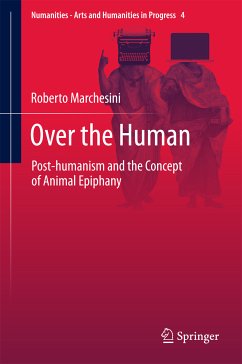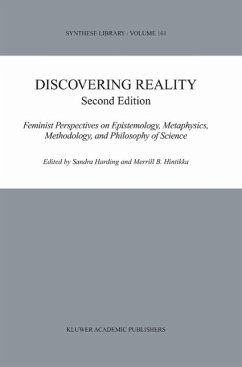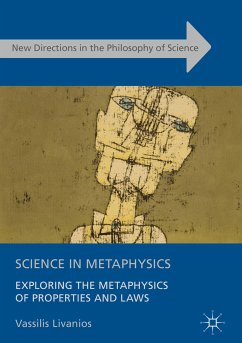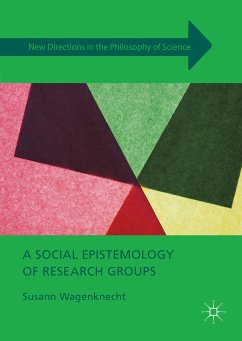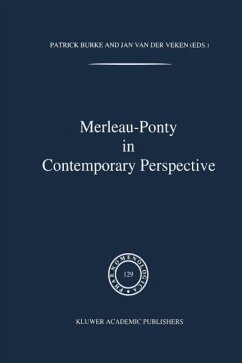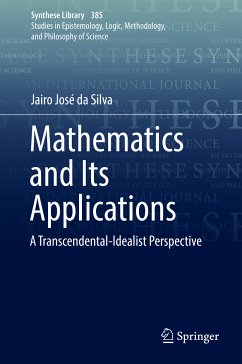
Experience and Beyond (eBook, PDF)
The Outline of A Darwinian Metaphysics
Versandkostenfrei!
Sofort per Download lieferbar
40,95 €
inkl. MwSt.
Weitere Ausgaben:

PAYBACK Punkte
20 °P sammeln!
This book presents a persuasive argument in favour of evolutionary naturalism and outlines what such a stance means for our capacity of observation and understanding reality. The author discusses how our capacity of knowledge is adapted to handle sensory information about the environment in the light of Charles Darwin's theory of evolution. The implication of this is that much of our thinking in science and philosophy that goes beyond our immediate experience rests on abstractions and hypostatization. This book rejects the possibility of having any knowledge of reality as it is in itself, whil...
This book presents a persuasive argument in favour of evolutionary naturalism and outlines what such a stance means for our capacity of observation and understanding reality. The author discusses how our capacity of knowledge is adapted to handle sensory information about the environment in the light of Charles Darwin's theory of evolution. The implication of this is that much of our thinking in science and philosophy that goes beyond our immediate experience rests on abstractions and hypostatization. This book rejects the possibility of having any knowledge of reality as it is in itself, while not denying that our capacity of conceptual abstractions is of great benefit for our survival.
Dieser Download kann aus rechtlichen Gründen nur mit Rechnungsadresse in A, B, BG, CY, CZ, D, DK, EW, E, FIN, F, GR, HR, H, IRL, I, LT, L, LR, M, NL, PL, P, R, S, SLO, SK ausgeliefert werden.






